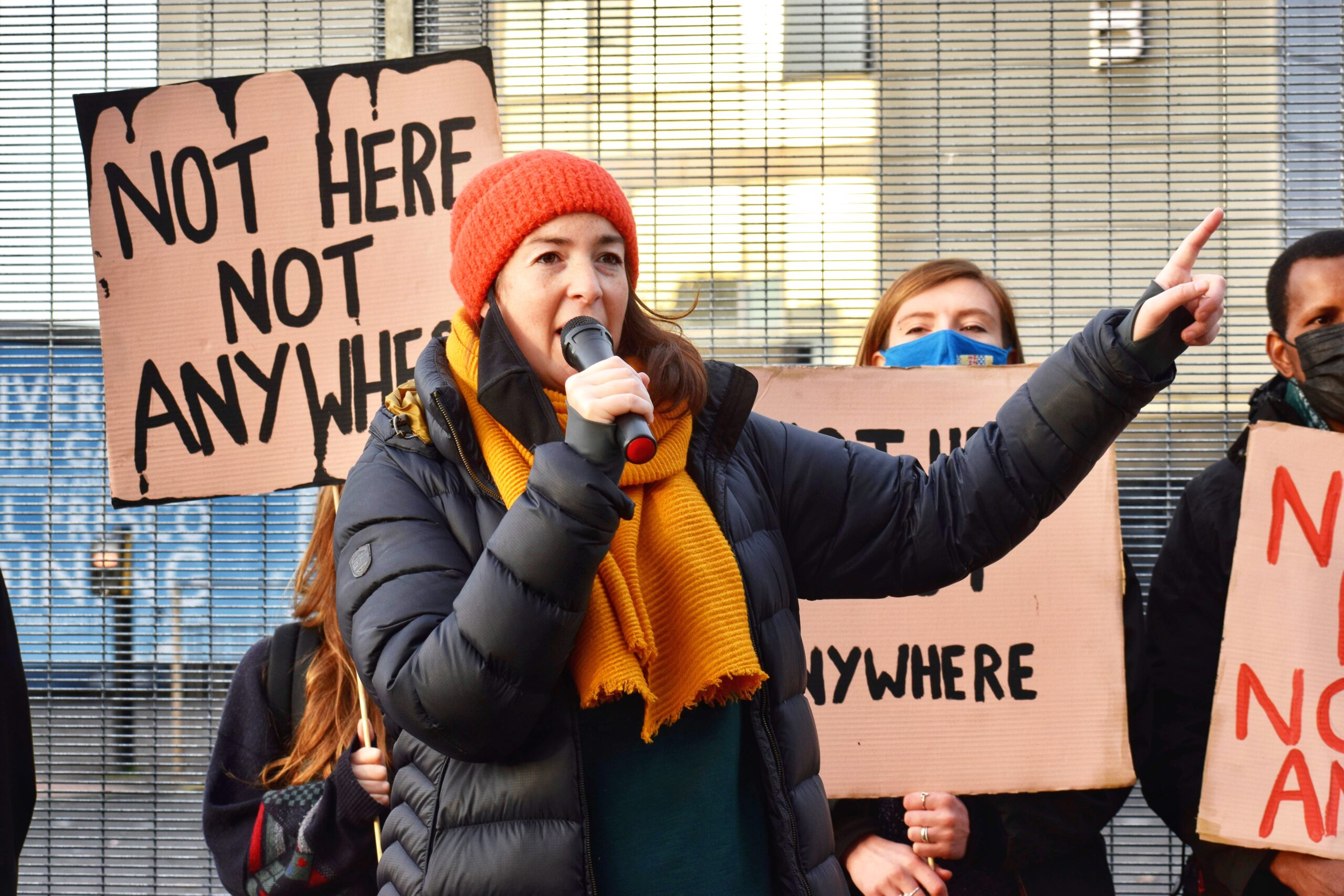
Consultation for proposed Forth and Tay Road Bridges (Abolition of Tolls) Bill by Helen Eadie MSP
It is well established that car ownership and use is significantly higher amongst higher income groups, so the effect of this transfer is likely to be socially regressive. The cost of this is set out in the Phase Two Report: on the Forth Bridge, this is estimated as a loss of tolling income of £10m per annum in the context of a cost of maintenance and investment of £141m up to 2020-21. On the Tay Bridge, the cost is estimated as a loss of tolling income of £3.5m per annum in the context of a maintenance and investment cost of £56m to 2023-4 and an outstanding debt of around £13m.
Taking the two bridges together, removal of tolls would amount to an effective subsidy for motorists of £13.5m per annum. In the absence of tolls, the Scottish Executive would be expected to fund the planned maintenance and investment, as well as writing off the remaining debt on the Tay bridge, this would cost the taxpayer £210m. At a time when the Executive is rightly prioritising investment in public transport, we find the Bill’s proposed subsidy of private motoring completely unacceptable, and deeply socially regressive.
Consultation for proposed Forth and Tay Road Bridges (Abolition of Tolls) Bill by Helen Eadie MSP
